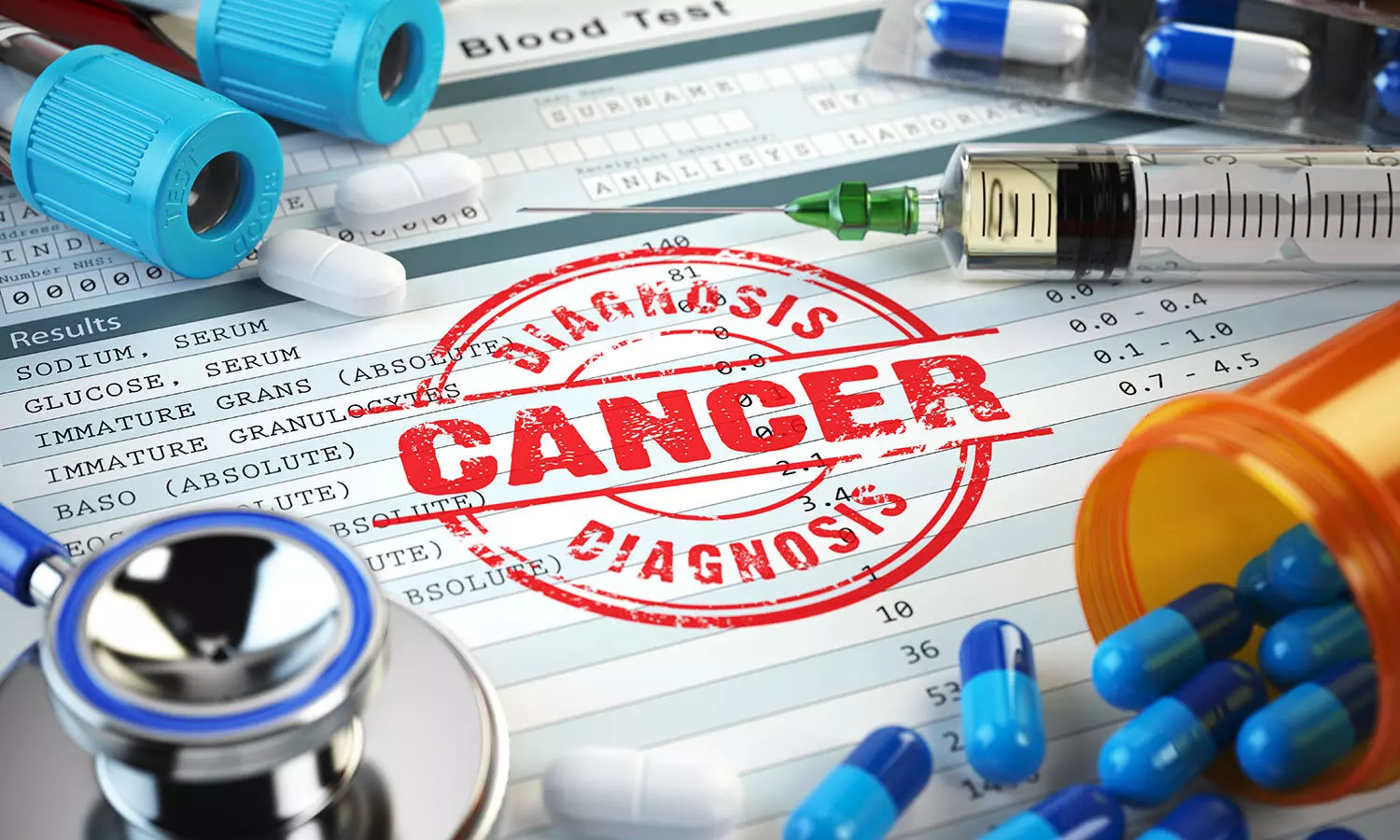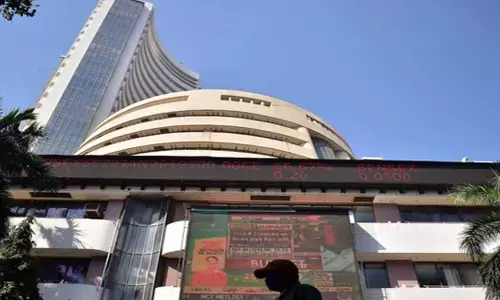Importance of early cancer detection: Significance of timely cancer detection

Early diagnosis of cancer focuses on detecting symptomatic patients as early as possible so they have the best chance for successful treatment
The incidence of cancer among individuals below the age of 50 has increased significantly since the 1990s. What is your hypothesis regarding this phenomenon, and are there any potential strategies to impede its ascent? Let's delve deeper, and your opinion is most welcome!
There are essentially two primary factors contributing to the escalating prevalence of cancer. Initially, alterations in dietary patterns, physical activity levels, and environmental conditions in recent decades might have played a role in the increased incidence of early-onset cancer. For example, a significant number of individuals now lead sedentary lives and consume heavily processed foods and sweetened beverages.
Cancer screening and surveillance is possibly the oncology topic that sparks the most passion, controversy, and angst. Medical tests that might identify cancer earlier or detect recurrence sooner, improve prognosis, and enable higher cure rates are something that almost all patients, physicians, and researchers hope to see soon. One-half of men and one-third of women have a lifetime cancer risk. The chance to identify cancer early, before symptoms appear, and ideally before metastasis is provided by screening in both healthy and high-risk groups. If cancer is discovered early enough, treatment may involve only surgery in certain cases, which could result in lower morbidity and better survival.
Approximately 80% of cancer patients are identified during the intermediate to advanced stages of the disease, with a median 5-year survival rate below 10%. The early-stage cancer cure rate has been reported to reach 90%, according to pertinent research, particularly for high-risk groups such as older individuals with a family history of the disease and those who are at a greater age. Early screening is, therefore, crucial alongside the development of healthy lifestyle choices. Furthermore, as advancements in early cancer screening technology progress and public health consciousness increase, more individuals have to opt for cancer screening, thereby contributing to an improved early-stage cancer detection rate.
Why early screening is crucial in 2024?
One important component of patient survival is early cancer detection. The prognosis for a cancer patient is frequently fatal once the primary tumour is detected by routine cancer screenings or becomes symptomatic. Early tumour detection, or even preneoplastic states, is a critical step towards improving overall patient survival. Identifying patients at increased risk of developing disease and identifying those with clinically significant disease are the two main objectives of early detection efforts.
Identifying symptomatic patients as soon as possible in order to provide them with the greatest opportunity for successful treatment is the goal of early cancer diagnosis. The possibility of survival is diminished, treatment complications escalate, and healthcare expenditures increase when cancer treatment is postponed or unattainable. World Cancer Day awareness on early screening states that a crucial public health strategy in all settings is early diagnosis, which improves cancer outcomes through the provision of treatment at the earliest feasible stage.
The likelihood of successful treatment increases with early cancer diagnosis when the disease is still small in size and has not metastasized. It is critical to inform your physician immediately of any abnormalities you may observe. The purpose of cancer screening is to detect early-stage cancer in asymptomatic individuals who appear to be healthy. Tests utilized by physicians to diagnose and treat cancer are distinct from cancer screening.
Untimely cancer detection may occur for a variety of reasons, including the following; that's why early screening plays an important role, according to educational campaigns on World Cancer Day 2024:
Lack of energy or unexplained pain or aches are examples of possible cancer signs and symptoms that may not be readily apparent. Although it is not essential to be aware of every sign and symptom of cancer, any abnormal changes should be evaluated.
Obtaining a diagnosis can be a complex process with varying degrees of simplicity. Physicians may explore alternative diagnoses prior to concluding the presence of cancer. If your symptoms persist or worsen, consult your physician once more, notwithstanding the results of your tests or the delay in undergoing them.
A fear of talking to a physician may deter some individuals. Concerns regarding potential interruptions of the physician's schedule or unfavourable discoveries are two examples.
Referring patients for tests or securing hospital appointments may occasionally require additional time.
Early cancer detection can significantly improve survival rates. Shall we have a look at some examples of the cancers currently causing havoc in the world?
Prompt detection of breast cancer
Almost all women who are diagnosed with breast cancer at its earliest stage are able to overcome the disease for at least five years. This decreases to approximately three per ten women upon diagnosis of the most advanced stage of breast cancer.
Prompt detection of colorectal cancer
If diagnosed at the earliest stage, over nine out of ten individuals with colon cancer will survive for at least five years. This decreases to 1 in 10 individuals when the most advanced stage of colon cancer is identified.
Prompt detection of lung cancer
If detected at an early stage, approximately six out of ten individuals with lung cancer will exceed five years of survival. This decreases to less than one in ten individuals upon diagnosis of the most advanced stage of lung cancer.
Benefits of early cancer screening:
If the screening results are normal, it gives you peace of mind.
Through the identification of changes in your body that, if left untreated, would develop into cancer, cancer screening may help prevent cancer.
Early detection of cancer makes treatment easier. Cancer screening assists in this regard.
When cancer is detected early on, it is easier to treat. This is achieved through cancer screening.
Reduced treatment and recovery time may result from early detection.
Your chances of survival are higher the earlier cancer is identified.
You are the one who knows your body the best. Take charge and consult your physician if you notice anything that isn't normal for you or if something doesn't feel quite right. Most of the time, it won't be cancer, but if it is, early detection can really help!














